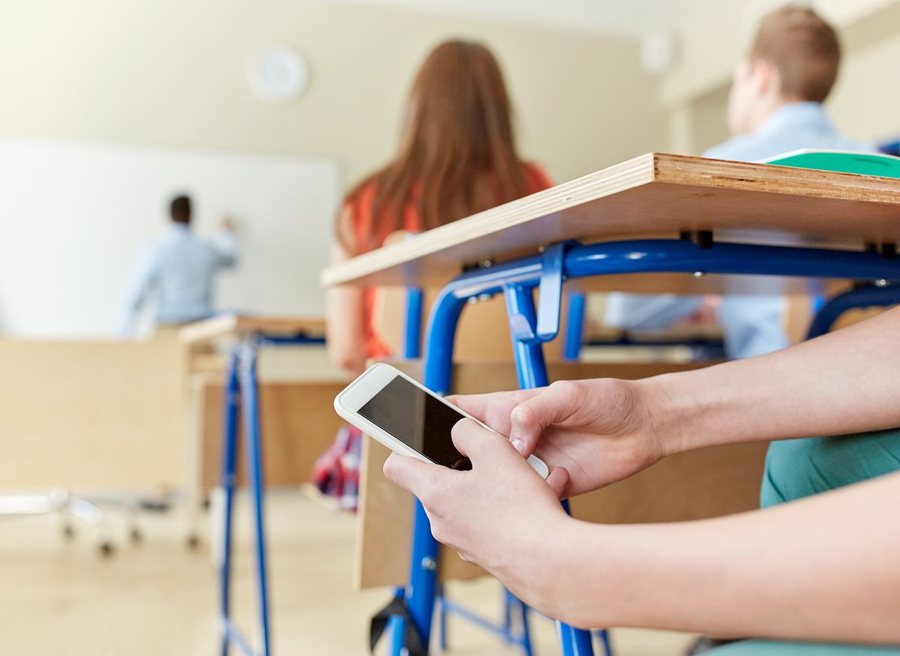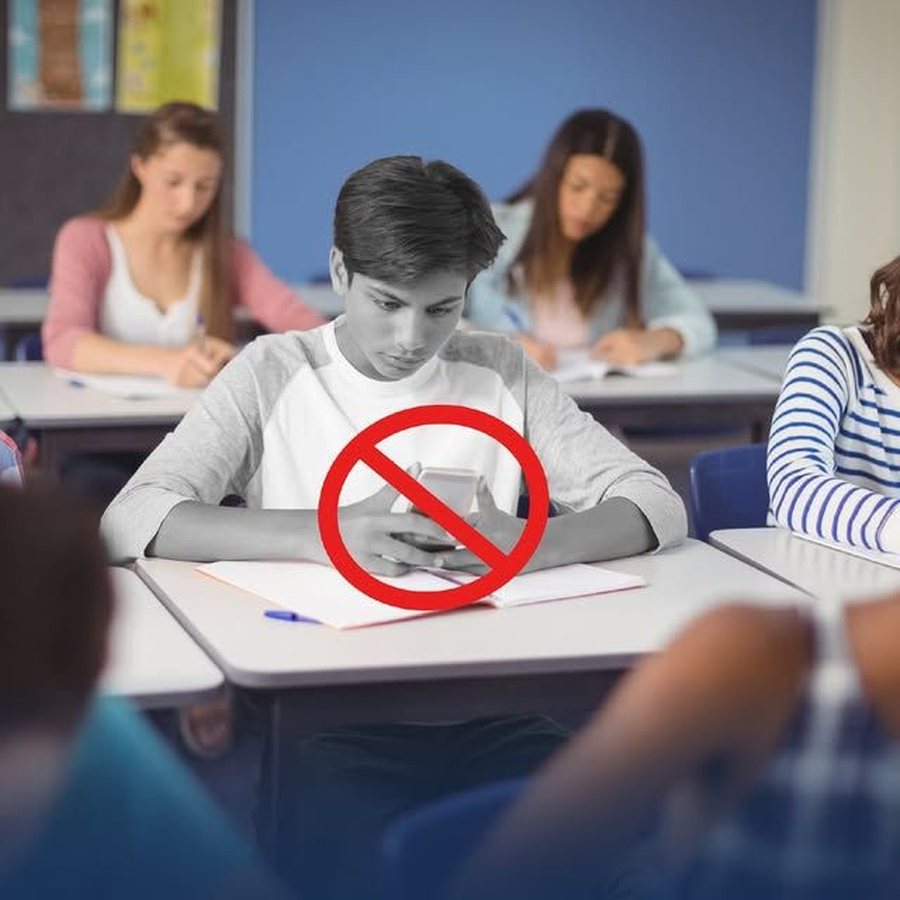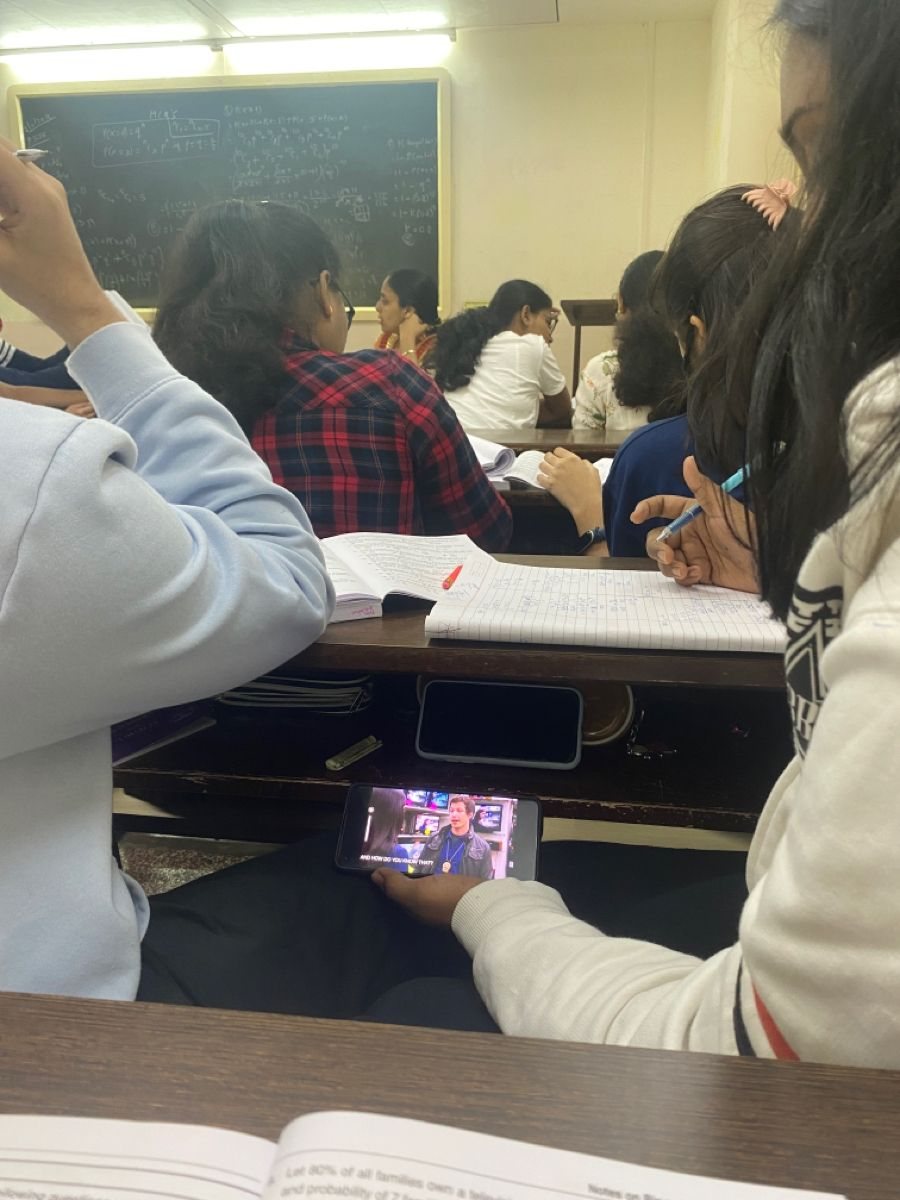
Starting in the fall of the 2026 school year, all schools and afterschool programs in Sweden will be required to collect and keep students' mobile phones until the end of the school day.
This nationwide ban aims to improve the safety and quality of teaching, while reducing student distraction.
The new rule will apply to all children aged 7 to 16 and is part of a wider reform package that was presented by the Swedish government on Tuesday, October 16. In addition to the phone ban, the package also includes changes to the curriculum, grading system and teacher training.
For the implementation of this measure, the state budget for 2026 foresees 95 million Swedish kronor (about 8.72 million euros), while 100 million kronor is planned for the following year.

Although many schools in Sweden now take away students' phones at the start of the day, many of them bypass it, handing in other phones or claiming they forgot or that the device is not working.
“This decision will apply to all students, in all grades in Sweden. It is not optional. This is a historic investment in education, the largest reform program in the last 30 years,” said Education Minister Simona Mohammsson, former leader of the Liberal Party.
Similar measures in other Nordic and European countries

Denmark also announced plans to ban the use of mobile phones in schools and creative centers, following the recommendations of a government committee that suggested that children under 13 should not have smartphones or tablets.
Norway, meanwhile, has set an age limit of 15 for using social media, accusing technology companies of "aiming to get into the brains of young children."
A recent study in the Netherlands, which prompted the implementation of a ban on mobile phones in classrooms from January 2024, showed noticeable improvements:
75% of schools reported that students focused better,
28% saw improvement in school performance.
France has also strengthened its ban on mobile phones in schools since September last year.
At a time when concerns about the impact of technology on children are growing, decisions like Sweden's are being seen as bold steps to bring attention back to learning, concentration, and the well-being of young people.





